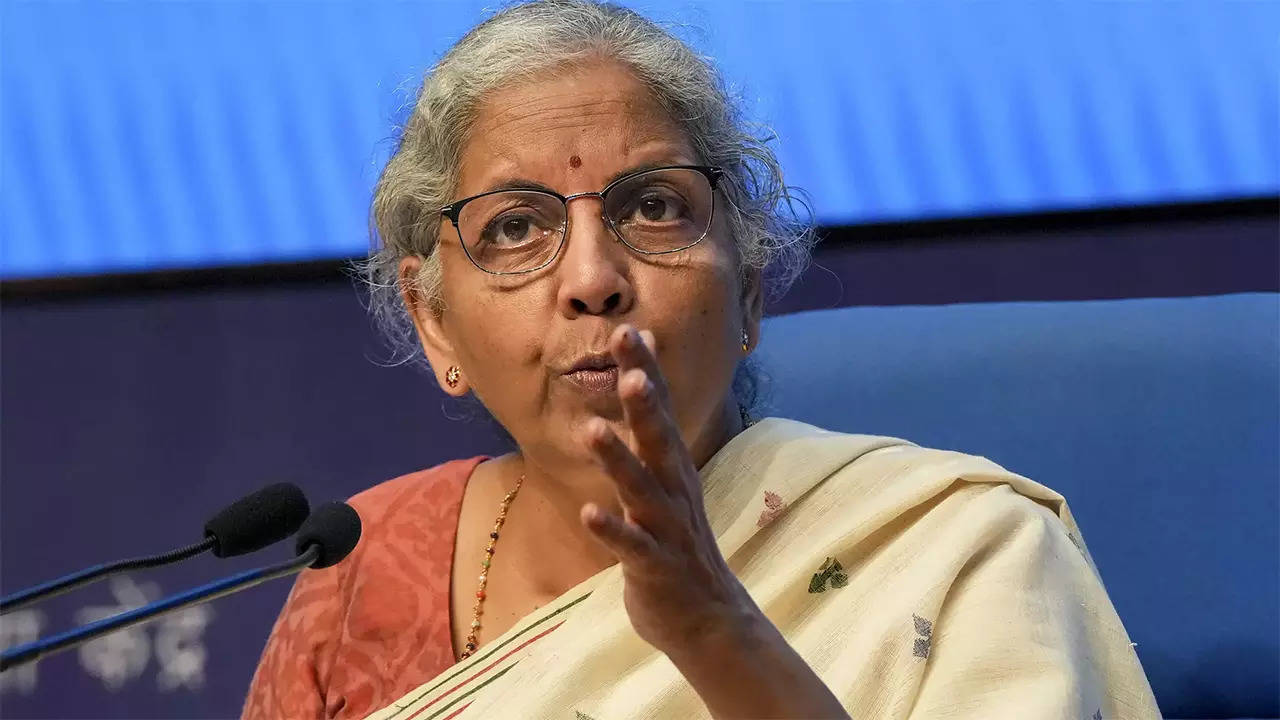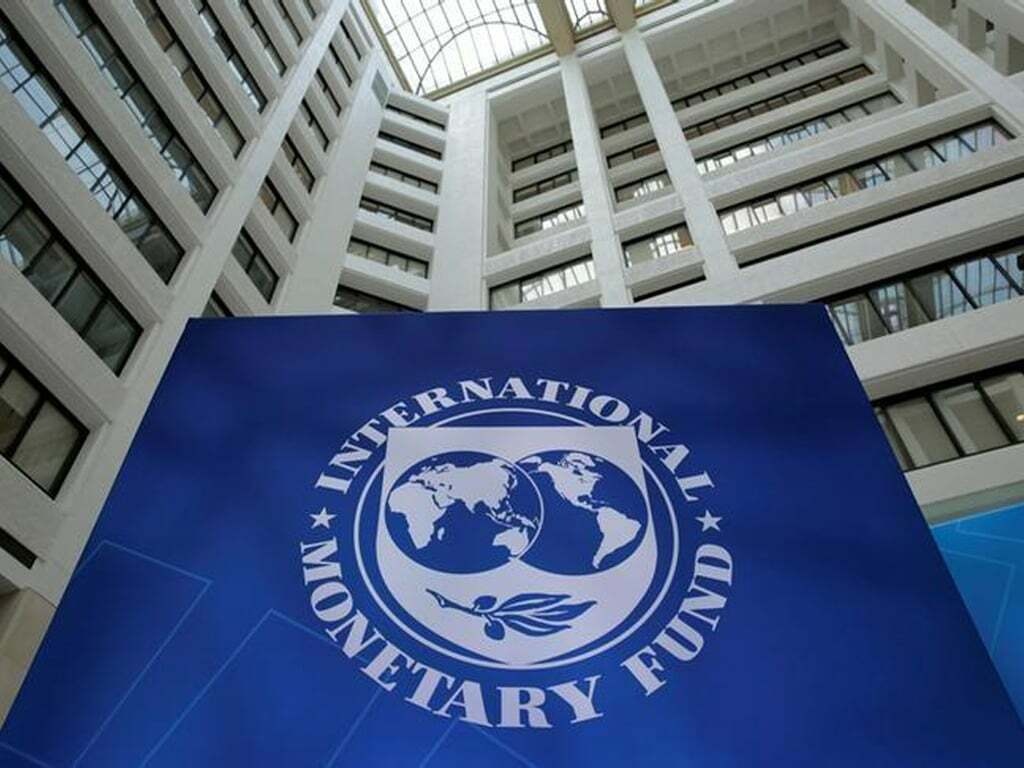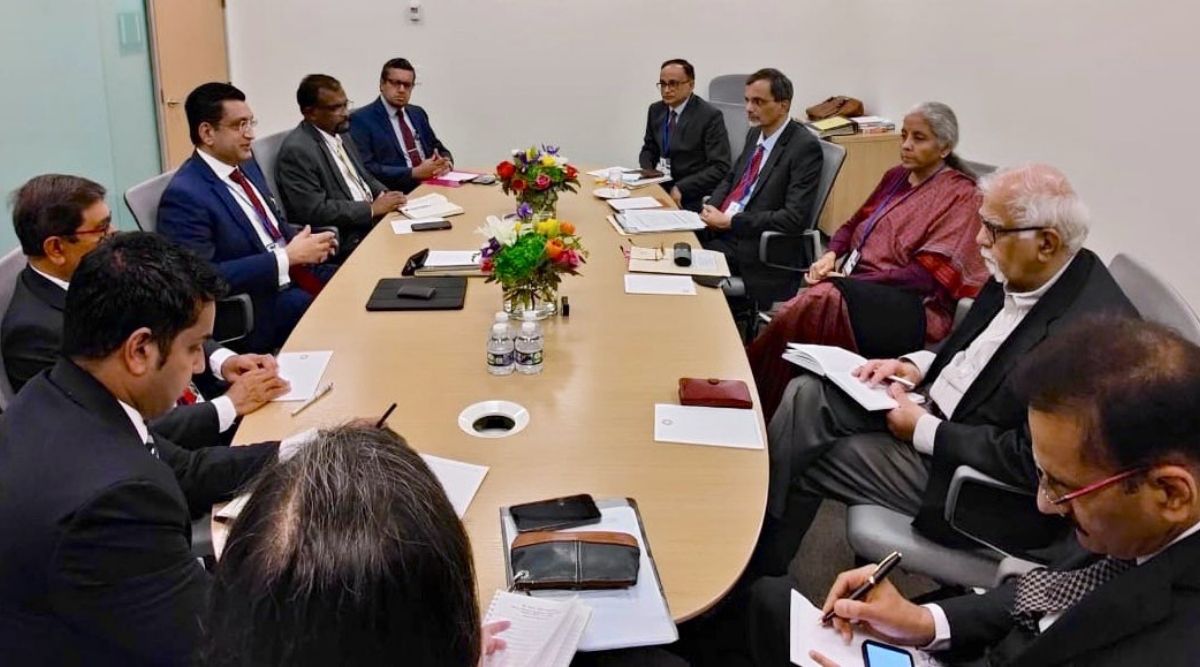India’s Collaboration with IMF for EMDEs’ Resource Mobilisation: FM Sitharaman 2023

India’s Collaboration with IMF for EMDEs’ Resource Mobilisation: FM Sitharaman 2023
India has consistently positioned itself as a key stakeholder in the global economic architecture, especially in the context of emerging markets and developing economies (EMDEs).
Recently, Finance Minister Nirmala Sitharaman signaled India’s commitment to collaborate with the International Monetary Fund (IMF) on resource mobilization for EMDEs.

Emerging markets and developing economies have, for a long time, faced challenges in mobilizing resources. Capital flight, limited access to global financial markets, and challenges in attracting foreign direct investment are just a few of the many hurdles these nations confront.
India is eager to collaborate with the International Monetary Fund (IMF) to support developing nations in mobilising domestic resources to tackle significant development requirements and global issues, according to Finance Minister Nirmala Sitharaman on Wednesday.
The G20 Leaders agreed that investment has to be scaled up in order to fulfil development requirements and global issues that call for a significant increase in investments during their summit in Delhi in September.
In this regard, they requested support for initiatives aimed at boosting domestic resource mobilisation in emerging markets and developing economies (EMDEs) from the IMF and the World Bank, coordinated with other pertinent international organisations.

The Leaders urged the MDBs to use creative financing strategies and fresh collaborations to utilise private resources in order to optimise their development effect.
Separately, the G20 India Presidency held a high-level seminar on “Strengthening the Financial Capacity of MDBs” on Wednesday alongside the 4th G20 FMCBG.
During the seminar, the attendees discussed several alternatives for improving MDB finance and how these choices may be applied most successfully across all MDBs.
The COVID-19 pandemic exacerbated these issues, leaving many EMDEs grappling with economic downturns, liquidity crises, and a lack of fiscal space to stimulate growth.
Finance Minister Sitharaman’s announcement comes at a pivotal time. India itself, being a significant emerging economy, understands the challenges and opportunities that lie within EMDEs.

The Finance Minister emphasized the importance of a collaborative approach, where countries and international institutions work together to ensure that EMDEs have the necessary resources to maintain their development trajectories.
Sitharaman hinted at the possibility of reforms, both at the domestic and international levels. This could involve policy changes to make it easier for EMDEs to access global financial markets or reforms within international institutions to make their lending and support mechanisms more attuned to the needs of EMDEs.
She also underscored the broader goal behind this initiative – ensuring global economic stability and shared growth. A prosperous and stable EMDE landscape benefits everyone, including advanced economies, by fostering global trade, investment, and stability.

There might be discussions around a new allocation of SDRs or leveraging them more effectively to aid EMDEs. SDRs can provide liquidity to countries in need without adding to their external debt burdens.
The IMF’s technical assistance can be invaluable to EMDEs, helping them build capacities, modernize their financial systems, and implement effective policies.
With India’s advocacy, there might be a renewed emphasis on IMF’s program financing for EMDEs, ensuring they have the fiscal and monetary support needed in challenging times.
It reinforces India’s growing leadership role in global economic matters, especially concerning EMDEs.
Strengthening ties with the IMF and other major economies could lead to better bilateral trade, investment, and cooperation agreements for India.
Ensuring that EMDEs have access to resources is crucial for global economic stability. An unstable EMDE can lead to ripple effects in the global economy, affecting trade, investments, and even geopolitical stability.

Finance Minister Nirmala Sitharaman’s commitment to working with the IMF on resource mobilization for EMDEs is a testament to India’s proactive role in the global economic stage.
As EMDEs form a significant portion of the world’s population and future growth potential, such collaborative efforts are not just altruistic but are vital for shared prosperity and global stability.




